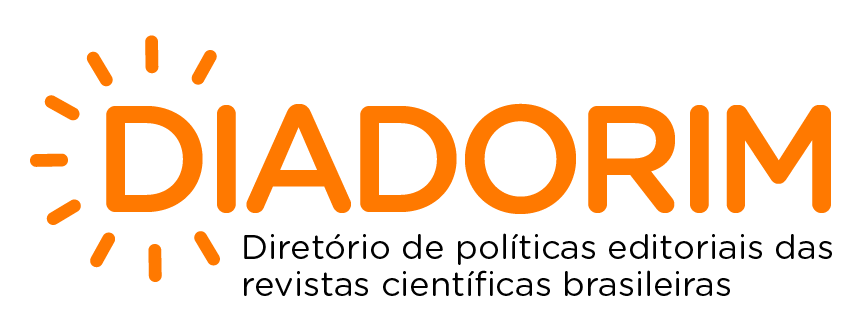Animal assisted therapy from the perspective of the medical staff and patients
DOI:
https://doi.org/10.56242/globalhealth;2022;2;7;6-11Keywords:
Terapia Assistida por animais, TAA, crianças, idosos, autistas, profissionais da saúde., Animal Assisted Therapy, AAT, children, elderly, autistic, health professionals.Abstract
Objective: This work aims to obtain information on the opinion of health professionals and patients regarding the effects of animal assisted therapy/activity. Methods: An opinion poll was conducted with the medical team (consisting of: doctors, nurses, psychologists) and patients (male and female gender over 18 years of age) on the use of animal assisted therapy through application through application of the questionnaire by the Google Forms platform, being applied only once; participants were selected for convenience. Results: According to the groups surveyed 65.62% of participants reported already knowing TAA, being better known in the group of health professionals, among these 6.71% have already participated in some intervention of the type. In terms of risk/benefit to TAA, it gives more benefits than risk according to 75.03% of participants. Regarding species considered viable for the application of this therapy, 92.63%of participants believe that the dog would be the most appropriate animal, followed by the cat (66.84%) and the horse (55.66%). According to health professionals, children (90.5%), followed by elderly (87.1%) and autistic (73.6%) are the groups that benefited the most from TAA. Conclusion: Through this study it was possible to see that in the general population, men and women, the knowledge of animal assisted therapy is still little widespread when compared to health professionals. In addition, studies focused on proof of physiological benefits to the patient are still incipient and have limitations on the number of participants and methodology.










